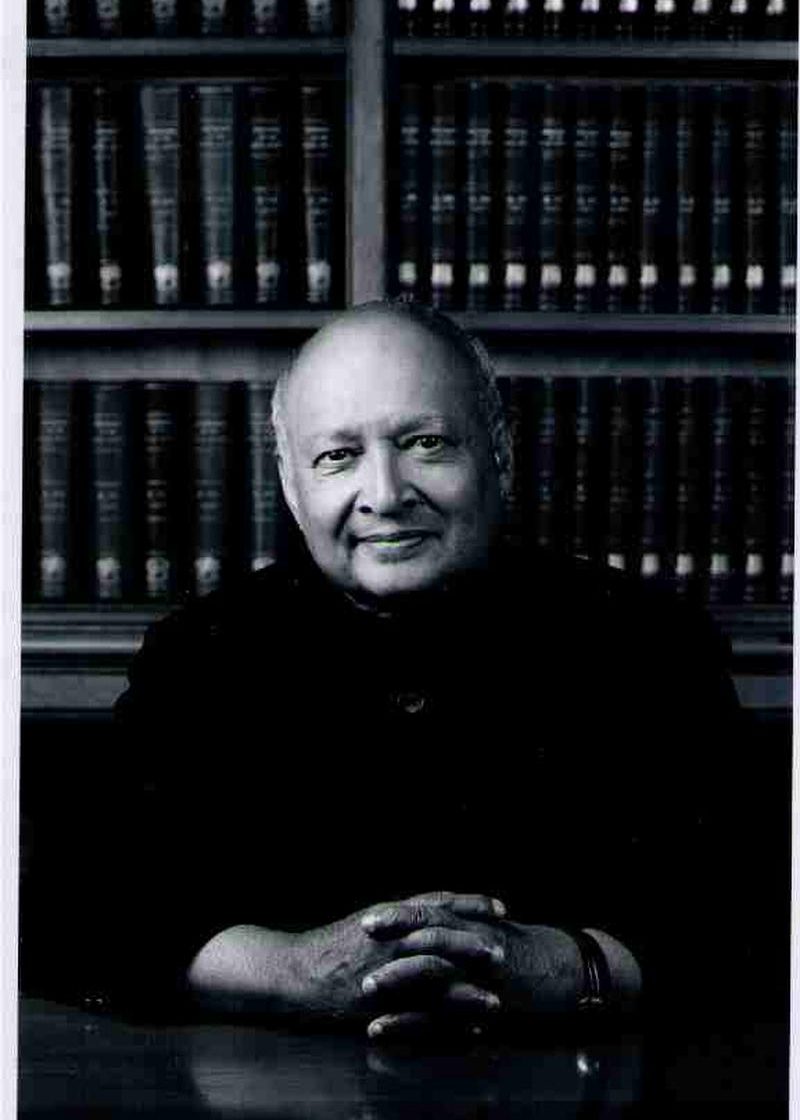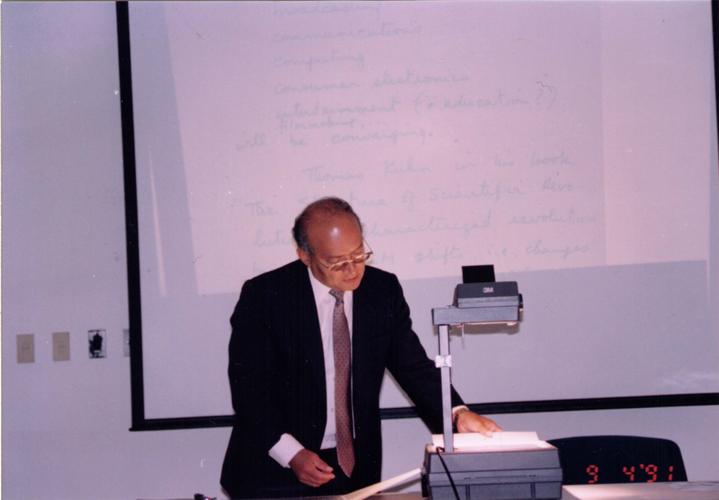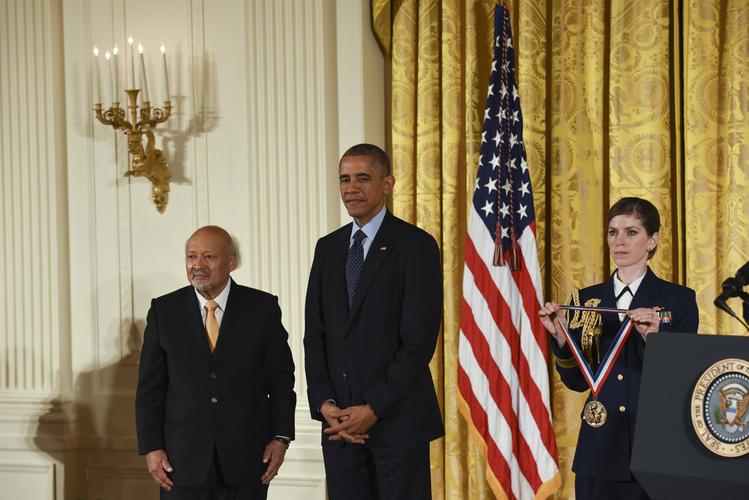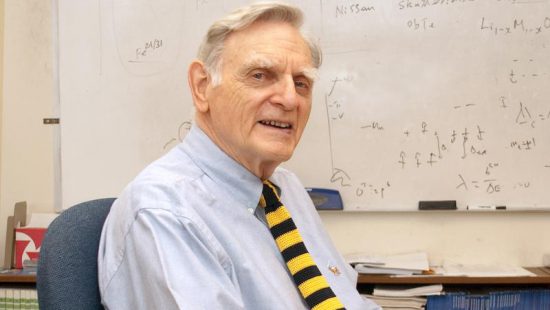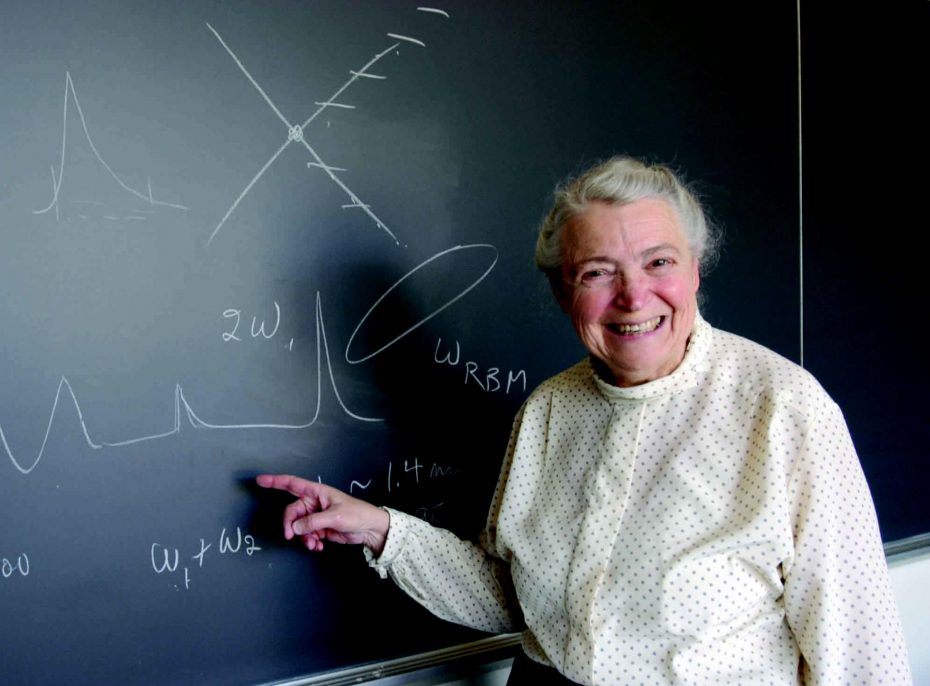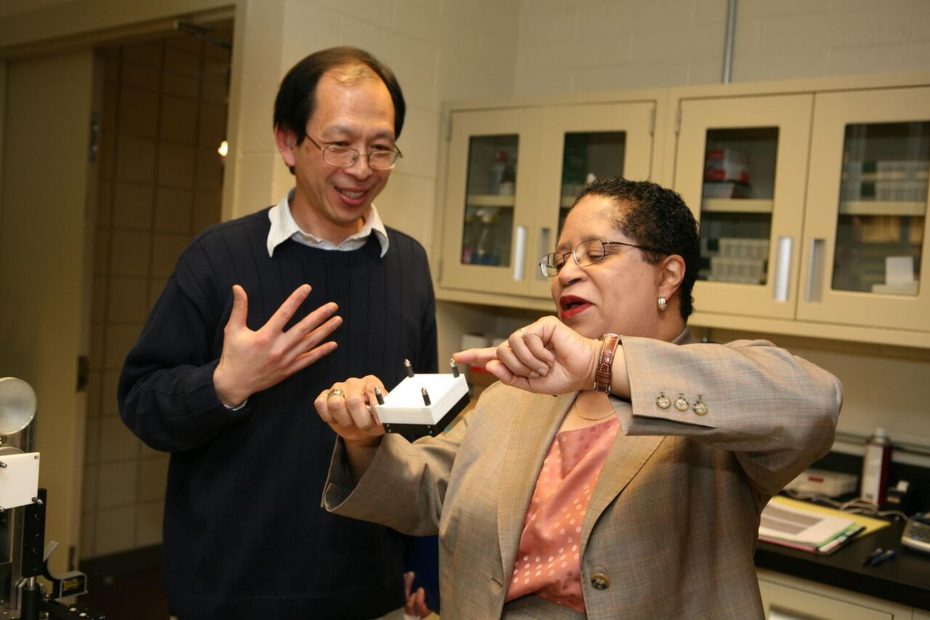Mathematician and electrical engineer Thomas Kailath has used the word “fortunate’’ to help sum up his amazing career. Whenever he’d reach a critical point in his path, he says, there would nearly always be someone or something to help show him the direction to take.
That instilled a sense of optimism in him, which has helped propel his ground-breaking research.
Kailath, whose work has changed the fields of information and system science, earned a doctorate in electrical engineering from the Massachusetts Institute of Technology in 1961. He joined Stanford University’s faculty in 1963. He rose through the ranks there, earning emeritus status in 2001, and has mentored numerous doctoral candidates.
He has also had stints at such places as Bell Labs, Cambridge University and Jet Propulsion Labs in Pasadena, Calif., during his long career. Kailath’s book, Linear Systems, published in 1980, is one of the most referenced manuals in the field.
Born in India, Kailath is a member of the National Academy of Sciences and is a fellow of the Institute of Electrical and Electronics Engineers. Kailath has also helped found a number of technology companies.
By Bob Warren

